THE ARRIVAL OF U. S. S. GEORGE WASHINGTON AIRCRAFT CARRIER IN YELLOW SEA HAS TRANSFORMED INTO A CONUNDRUM FOR CHINA
Professor Saurabh Singh‘s comment on International Polity
Scholar of Domain of Knowledge Named Administrative Sciences
Dilemma of nature that may be dubbed as unique in its own kind, i.e,
? TO SPEAK OR NOT TO SPEAK
ƒ Should it protest angrily and aggravate ties with Washington, or
ƒ quietly accept the presence of a key symbol of American military pre-eminence off Chinese shores
? BACKGROUND
ƒ The USS George Washington, accompanied by escort ships, is to take part in military drills with South Korea following North Korea’s shelling of a South Korean island.
ƒ The Shelling on Tuesday is one of the most serious confrontations since the Korean War a half-century ago.

? IT’S A SCENARIO WHICH CHINA HAS ALWAYS PREVENT
Only four months ago, Chinese officials and military officers shrilly warned Washington against sending a carrier into the Yellow Sea for an earlier set of exercises
Some said it would escalate tensions after the sinking of a South Korean navy ship blamed on North Korea.
Others went further, calling the carrier deployment a threat to Chinese security.
? CHINESE BELIEVE THAT THEIR OBJECTIONS WORKED
Although Washington never said why, no aircraft carrier sailed into the strategic Yellow Sea, which laps at several Chinese provinces and the Korean peninsula.
This time around, with outrage high over the shelling, the U.S. raising pressure on China to rein in wayward ally North Korea
a Chinese-American summit in the works, the warship is coming, and Beijing is muffling any criticisms.
PROFESSOR MICHAEL RICHARDSON, Commented..,
[A visiting research fellow at Singapore’s Institute of Southeast Asian Studies]
“I think China must be quietly cursing North Korea under their breath.”
“The Scenario can very well be taken as a of the adverse Outcome of North Korea’s most recent belligerence.
Belligerence by NORTH KOREA has transformed in “HOT POTATO IN THE MOUTH SCENARIO***” for CHINA
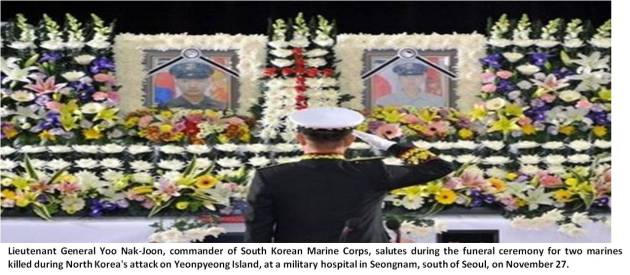
North Korea fire made South Korea two Marrieners
China, as of now can neither “open the mouth nor Keep it shut”; as regards to deployment of U.S. Naval Ship George Washington, which happens to be a Nuclear Powered Aircraft Carrier, in the East China Sea,”
Chinese Foreign Ministry spokesman reiterated Beijing’s long-standing insistence that foreign navies obtain its permission before undertaking military operations inside China’s exclusive economic zone, which extends 230 miles (370 kilometers) from its coast.
The statement also reiterated calls for calm and restraint but did not directly mention the Yellow Sea or the planned exercises.
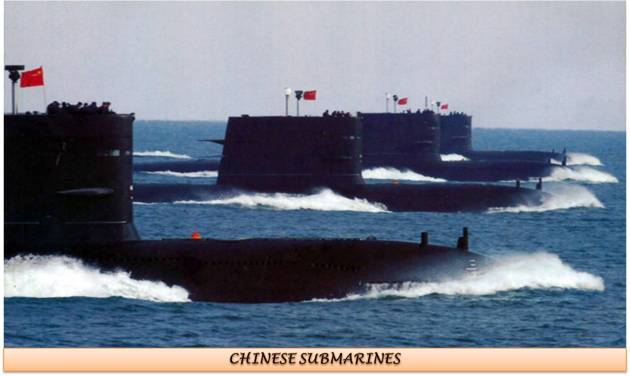
Global Times, a nationalistic tabloid, in an editorial expressed its worries by stating that a U.S. carrier would upset the delicate balance in the Yellow Sea, [Ignoring the fact that the George Washington has taken part in drills in those waters numerous times before.]
North Korea, not ready to come out of its belligerence, has warned that the U.S.-South Korean military drills were pushing the peninsula to the “brink of war.”
? A MORE PASSIVE APPROACH SEEMS A BETTER TRADE OFF FOR CHINA
Its credibility with Washington and trading partner South Korea would get a boost
Put North Korea on notice that its actions are wearing China’s patience thin
PROFESSOR ZHU FENG, Director Peking University’s Center for International and Strategic Studies opined:
“The Chinese government is trying to send Pyongyang a signal that, if they continue to be so provocative, China will just leave the North Koreans to themselves.” He added further that “What China should do is make the North Koreans feel that they have got to stop messing around.”
CHINA FEARS RESORTING TO TOUGHER ACTIONS AGAINST NORTH KOREA
Chinese administration is of the view that cutting the food and fuel assistance Beijing supplies — would destabilize the isolated North Korean dictatorship, possibly leading to its collapse.

The adverse outcome as a resultant of tougher actions against North Korea may lead to flood of refugees into northeastern China and result in a pro-U.S. government taking over in the North in very recent future.
China may also be mindful of its relations with key trading partner Seoul, strained by Beijing’s reluctance to condemn Pyongyang over the March ship sinking. Raising a clamor over upcoming drills in the wake of a national tragedy would only further alienate South Korea.
CHINA, PERHAPS ARE INTELLEGENT ENOUGH &, WOULD BE AWARE OF THE ACTS THAT MAY MANISFEST, IF MISTAKE AT ANY LEVEL IS COMMITTED, IN FORM OF BENEFICIAL OR HARMFUL TO THE INTERESTS OF CHINA.
NEW ERA ON HORIZON TO HAVE RENEWED EXCHANGES WITH WASHINGTON
- President Hu Jintao is scheduled to make a state visit to Washington in January hosted by President Barack Obama — replete with a state dinner and other formal trappings that President George W. Bush never gave the Chinese leader.
- Before that Gen. Ma Xiaotian, one of the commanders who objected to the George Washington’s deployment earlier this year, is due in Washington for defense consultations. Those talks are another step in restoring tattered defense ties, a key goal of the Obama administration.
Thus CHINA at MOMENT could pray alone and practice Restraints on its Defense Policy and Diplomatic Offices.

CHINA could expect some luck also; as it may land up with few sounds reasons to ask USA to pull out it’s Aircraft carrier George Washington far away from Yellow Sea; as it may be gifted some information in the way of wiki leaks.
Whereas USA and South Korea, as on the moment are planning an artillery exercise as part of the Whole Exercise with USA troops; the North Korea is busy arranging its array of missiles, blaming that USA awr exercise has put the Korean Peninsula at the brink of War.
————-So better wait and watch; even minor laps, on the part of any party may change or dictate; the whole course of global environment in a manner as to alter the path and orbit other than current; and may be to an unthought-of manner or unimagined or unanalyzed till date. The new equation and chapter may take birth to substitute the present equation in International Relations, Trade, Economy & polity.
The discussion in normal context is stopping here for the time being and will be initiated further if set and patterns of variables change due to any reason.

INDIA
I would love to add, before closing, that India till now is required to be on alert but not worried. India has enough might to foil any endeavor having malignancy by any neighboring nation or any lunatic national head. To defend itself, the Mother Nature by itself, has gifted India a number of Cover. Added to that resource gifted to India
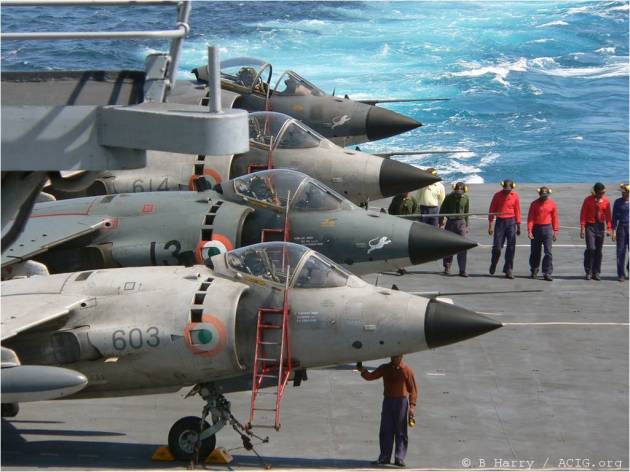
happens to KNOWLEDGE, which has added glitter gold and is going to perpetually provide India an edge over any other nation, in the form of its human resource, i.e., Citizen of India.
–—————–Professor Saurabh Singh, Subject Matter: Administrative Sciences; INDIA
[The closing paragraph and few pictures have been added for India Audiences of my Blog, due to their status of fellow citizen.]
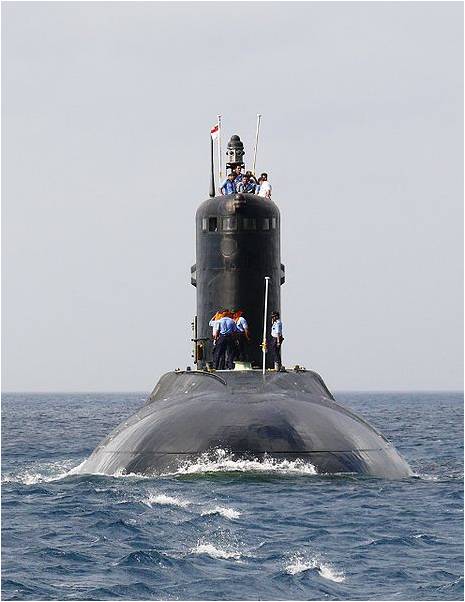
Indian Sindhu Vijay Submarine
*** The Phrase coind by Mr. Saurabh Singh to express a situation in which “one can neither swallo nor omit the things in mouth”.
Always Yourd — As Usual —- Saurabh Singh

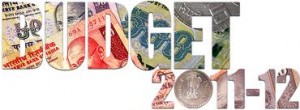
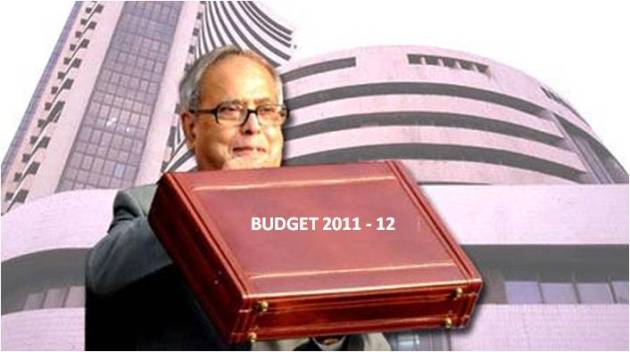
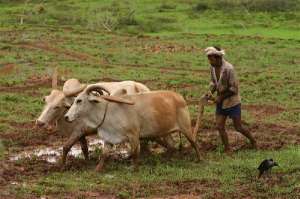

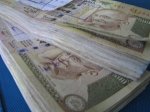





















Impressions of Visitor & Few Replies